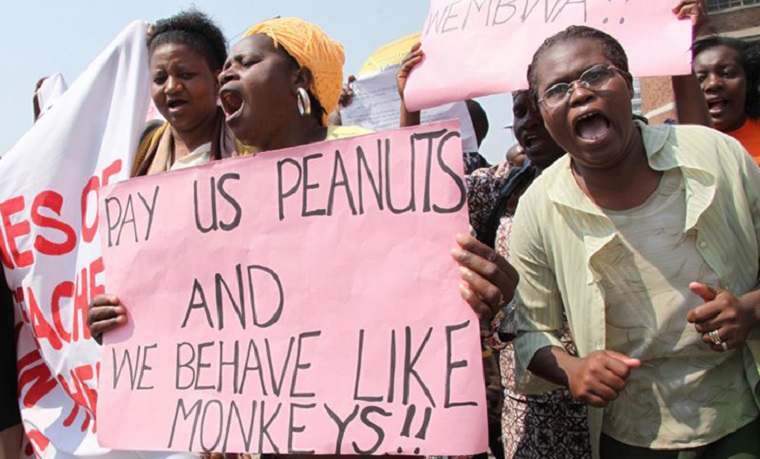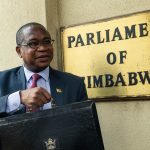HON. GONESE: On a point of Order Mr. Speaker. My point of order is that the Hon. Minister is not doing justice to the question. The question which has been put or the import of the question put by Hon. Mutseyami by reference to the 2012 salaries is the big elephant in the room which is the USD salaries. This is the fundamental issue which is really being addressed by the supplementary question. The Hon. Minister’s response is to deal with continuous engagement and so on. It is actually evading the crux of the matter being that the workers or civil servants have been demanding salaries denominated in USD. This is what the Hon. Minister should be addressing in his response because the 2012 salaries during the Inclusive Government were based upon a stable currency. Currently, the elephant in the room is the hyper-inflationary environment.
HON. PROF. MAVIMA: The reference to 2012 is misplaced. What we should be referring to is a decent salary for our civil servants. I am on record saying we cannot have optimal service delivery if our civil servants are not motivated enough. So the issue that we should be addressing is, in 2012 I was a civil servant in Government, the salary at that particular point in time was not even what the civil servants have been demanding. What they have been demanding has been a minimum of USD540, that is what they have been asking for and that was a 2018 salary.
However Hon. Speaker, as Zimbabweans, we have to see if we have the capacity to pay that at the moment and that fiscal space is not there. Having said that and that notwithstanding, you will realise that Government has committed to the periodic reviews that I have referred to.
As a nation, we have to make a clear decision as to whether we are always going to be using other people’s currency instead of our currency. At the moment the bulk of salaries and wages in the civil service are paid through Zimbabwean dollars. We have been periodically reviewing these salaries, taking cognisance of the erosion that has been taking place in our currency.
HON. NDIWENI: My question is directed to the Minister of Public Service concerning the policy which was introduced on the incentive that is given to the school teachers that Government will pay for the school fees for the children of the school teachers. My question is on the implementation of this policy and to assess how far it has gone because some children are being turned away from school without having paid school fees.
THE MINISTER OF PUBLIC SERVICE, LABOUR AND SOCIAL WELFARE (HON. PROF. MAVIMA): Indeed, at the last review in March, Government committed to pay school fees in public schools for those in the teaching profession. That was communicated to the Ministry of Primary and Secondary Education and what remains is really an administrative issue of saying which teachers, which schools should be paid.
I am made to understand that payment has already been done in some schools but there may be some information gap which has meant that some of those teachers have not received payment for their children. It is a very administrative matter and the Ministry of Primary and Secondary Education should provide the necessary information so that payment can be made but the commitment by Government is very clear. I thank you.
(185 VIEWS)


